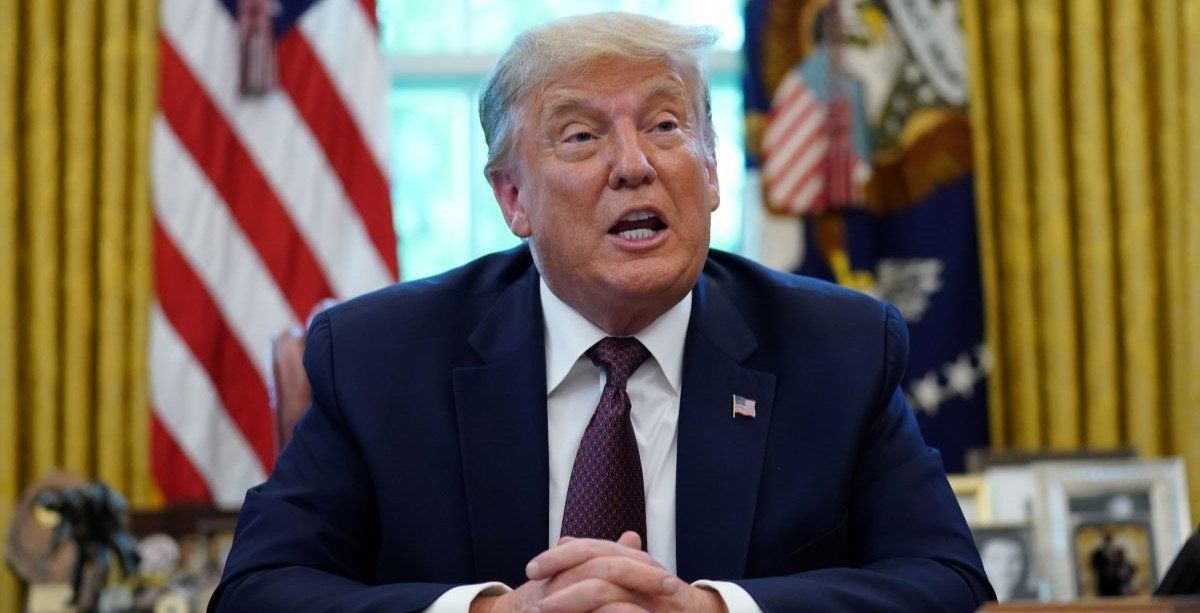The outplacement firm Challenger, Gray & Christmas reported on Thursday that US employer layoffs surged by 245% last month — the largest spike since the peak of the COVID-19 pandemic. In February alone, 172,017 jobs were cut, with over a third stemming from the Department of Government Efficiency, which slashed 62,242 positions across 17 agencies.
However, whether all these firings will be permanent remains uncertain. While DOGE continues its job cuts, many agencies have begun reversing course, reinstating employees — sometimes just days after their dismissal. On Tuesday, the Office of Personnel Management revised its previous directive, which had instructed agencies to terminate probationary employees (those with less than two years in their roles). The update clarified that individual agencies would have the final say on personnel decisions. Meanwhile, independent review boards, judges, and lawmakers from districts with large government workforces are challenging the layoffs. It is unclear how many more employees might ultimately be reinstated.
Regardless, the first two months of the year saw a total of 221,812 job cuts — the highest since the 2009 financial crisis. The report comes amid growing concerns about the labor market and broader economy, as Trump pushes forward with plans for tariffs, government downsizing, and stricter immigration policies.
